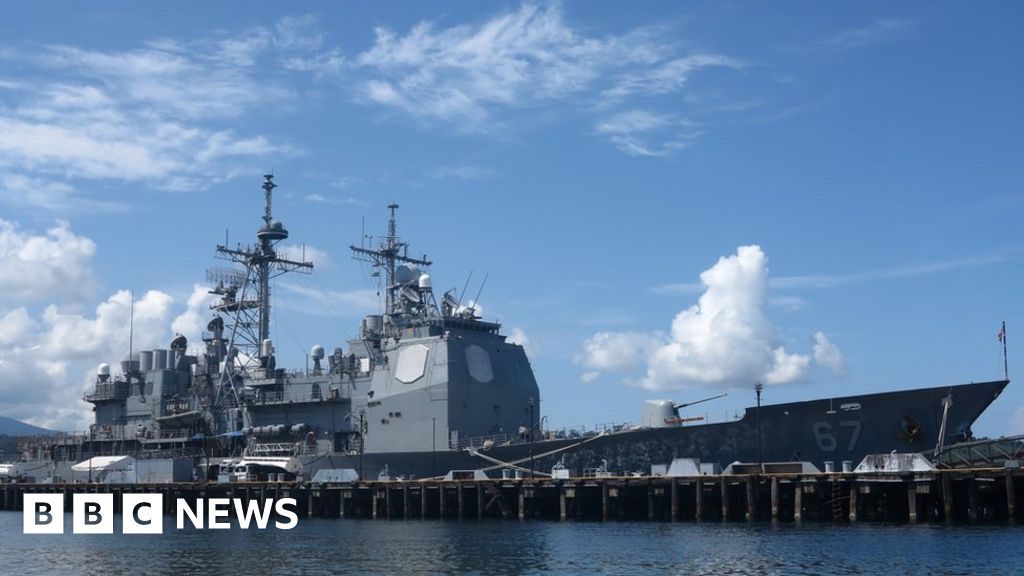In the context of the Law of the Sea, India and China, as two large maritime powers play a significant role. Both these countries are part of the UN Convention on the Law of the Sea. As we can see from the figure below the rights of these coastal states are affected by the natural contours of the coastal regions and how they impact their rights on territorial sea, EEZ etc.
While India has to deal with overlapping claims with Bangladesh and Myanmar, with whom we have good relations, on the Eastern Front, and Pakistan, on the Western Front, China finds itself enmeshed in the overlapping claims in the South China Sea, as we can see below.
https://ichef.bbci.co.uk/news/624/cpsprodpb/18105/production/_90356589_south_china_sea_spratlys.png
To learn more about what is at stake, see this story: https://www.bbc.com/news/world-asia-pacific-13748349
| www.bbc.com Rival countries have wrangled over territory in the South China Sea for centuries, but tension has steadily increased in recent years. China, Vietnam, the Philippines, Taiwan, Malaysia and Brunei ... | ||
The LoS regime has emerged on the basis of recognition of the immense potential of the maritime domain, both in the immediate adjacent waters of a coastal state and also further away from the coast. A few principles that emerged were on how to deal with the seamass (land under water) which contains immense potential for the development and welfare of people; and also on how large portions of water cannot be subject to territorial control and are the common heritage of mankind. The potential for use of Continental Shelf is immense and countries have submitted claims on it and the status of these claims can be seen here: http://www.un.org/Depts/los/clcs_new/commission_submissions.ht. It appears that these claims need to be expedited, but we can also assess that there are significant technological barriers to exploit the continental shelf and the delay is not so harmful.
| www.un.org Submissions, through the Secretary-General of the United Nations, to the Commission on the Limits of the Continental Shelf, pursuant to article 76, paragraph 8, of the United Nations Convention on ... |
India has shown a positive attitude to the arbitration when it settled the dispute with Bangladesh and also agreed to the Delimitation exercise with Myanmar, whereas China has not taken part in the PCA case brought by Philippines and is exercising its immense power to change the situation on the ground. The contentious location of these rocks and islands can throw challenges to freedom of navigation and other uses of the maritime domain.



No comments:
Post a Comment